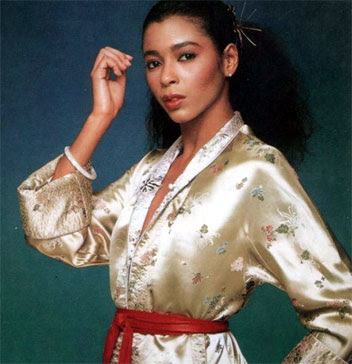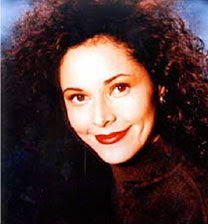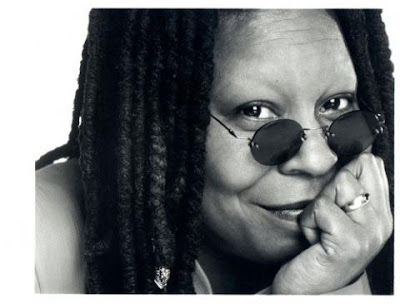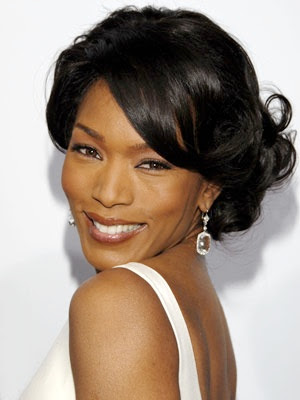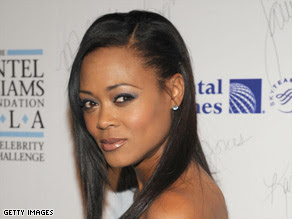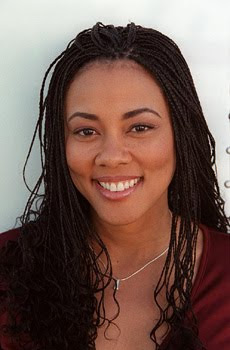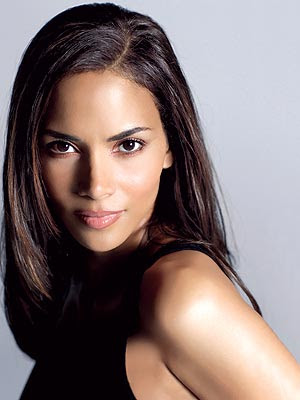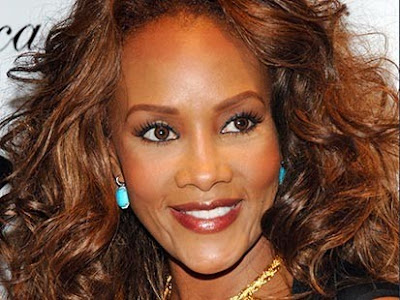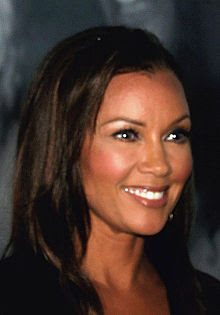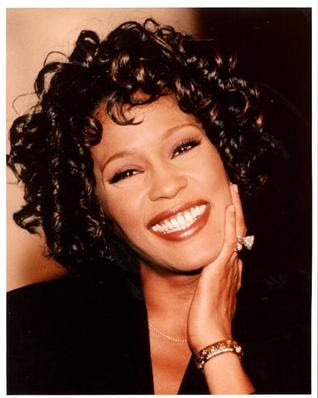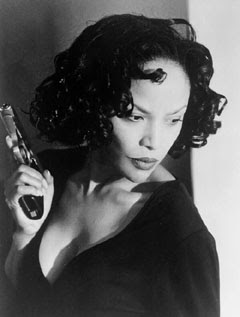1. Diahann Carroll

In the 1960s, Diahann Carroll was the most successful Black, female star in Hollywood.A triple threat with successful careers on the Broadway stage, as a singer, and in Hollywood,Diahann was a fierce presence who, more than any other Black actress, commanded substantial roles on screen. In 1961,she starred in the classic Paris Blues alongside Sidney Poitier, Joanne Woodward and Paul Newman and in 1967, she co-starred with Jane Fonda in the race drama Hurry Sundown.
2. Diana Sands

Diana Sands' was a fresh, joyous face on the Hollywood scene. With enormous talent and vitality, she rose to instant fame in 1961,starring as the strong-willed, determined, and ambitious Beneatha Younger in the iconic screen adaptation of Lorraine Hansberry's celebrated play, A Raisin in the Sun alongside Sidney Poitier, Ruby Dee, and Claudia McNeil. She starred in two more films during the 1960s as well as originated the role of Doris Wilgus on Broadway in the play The Owl and the Pussycat, which Barbra Streisand brought to screen in 1970. Tragically, Sands died from cancer at the age of 39 in 1973.
3. Ruby Dee

One half of the most legendary acting couple in history, Ruby Dee has earned the reputation of being one of the finest actresses in the industry.She is also one of the pioneers of the Civil Rights Movement and an outspoken activist on human rights and social justice issues. An accomplished Broadway actress, Dee made a string of movies throughout the 1940s and 50s and earned her highest praise in the defining role of Ruth Younger in the 1961 film version of A Raisin in the Sun opposite Sidney Poitier,Diana Sands, and Claudia McNeil. Her performance as Ruth in the film was Oscar-worthy and is one of the most memorable performances in Hollywood history. After A Raisin in the Sun, she continued to make films during the sixties, her most notable appearances being in the iconic films, Gone Are the Days in 1963, The Incident in 1967, and Up Tight in 1968.
4. Paula Kelly

The multi-talented dancer and actress, Paula Kelley, made her film debut in the 1969 musical Sweet Charity opposite fellow dancers Shirley MacLaine and Chita Rivera. The film, which also starred Sammy Davis Jr., Ben Vereen, and Ricardo Montalban,was nominated for three Oscars and launched Kelly's career in Hollywood, leading to a very prominent career for her during the 1970s.
5. Abbey Lincoln

The legendary jazz singer, Abbey Lincoln was also an actress and one of the most important actresses of the 1960s. Beginning her career as a singer in the supper clubs, Lincoln was quickly discovered by Hollywood, making her screen debut in the 1956 film The Girl Can't Help It opposite Jayne Mansfield. In 1964, she starred in the politically significant film, Nothing But A Man opposite Ivan Dixon, famously giving up her cherished Afro (a very personal political statement on her part) and adopting a processed look to play the role of Josie. She followed this up with another iconic film, 1968's For the Love of Ivy, starring opposite Sidney Poitier. She received a Golden Globe nomination for her performance in the film in 1969.
6. Gloria Foster
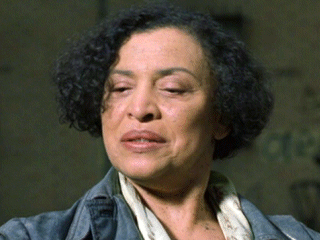
Best known for her roles in the Matrix, Foster first gained fame as the girlfriend and caretaker of Ivan Dixon's father in the iconic 1964 classic Nothing But A Man. She was prominently cast in two other films during the Sixties, 1964's The Cool World and 1967's The Comedians alongside Elizabeth Taylor and Richard Burton.
7. Beah Richards

In the 1960s, Beah Richards personified the dignified Black woman in Hollywood. Appearing in five films that decade, including The Miracle Worker and Hurry Sundown, she rose to her greatest fame playing the mother of Sidney Poitier in the 1967 classic, Guess Who's Coming to Dinner alongside Katherine Hepburn and Spencer Tracy. She received an Academy Award nomination for Best Supporting Actress for her performance in the film. She also starred in the iconic 1967 film, In the Heat of the Night with Sidney Poitier.
8. Isabel Sanford

Isabel Sanford, who became known to history as Louise Jefferson in one of the most popular sitcoms of all time,The Jeffersons, made her screen debut after a long career on Broadway in 1967 in the role of Tillie, the opinionated maid alongside Katherine Hepburn, Spencer Tracy, and Sidney Poitier in the classic Guess Who's Coming to Dinner. The role made her a star and she subsequently appeared in three more feature films during the 1960s, The Young Runaways, Pendulum, and The Comic.
9. Cicely Tyson

Over the years, Cicely Tyson has earned a reputation as one of the most regal actresses in the entertainment industry. During the 1960s, Tyson made a name for herself on television and also scored a number of film roles as well, beginning with 1966's A Man Called Adam. Appearing in two more films that decade, her most notable role came as Portia in the film adaptation of Carson McCullers' novel, The Heart is a Lonely Hunter.
10. Eartha Kitt

The sexy, sultry, and consummate seductress, Eartha Kitt got her start in the early 40s as a dancer in the Katherine Dunham troupe and rose to fame as a singer in Paris in the years following World War II. In the 1960s, Kitt became a legend in the role of Catwoman in the iconic Batman television show. She also appeared in three films that decade, Saint of Devil's Island in 1961, Uncle Tom's Cabin in 1965, and Synanon in 1965.
Honorable Mentions:
Leslie Uggams
Claudia McNeil
Estelle Evans
The 1950s






